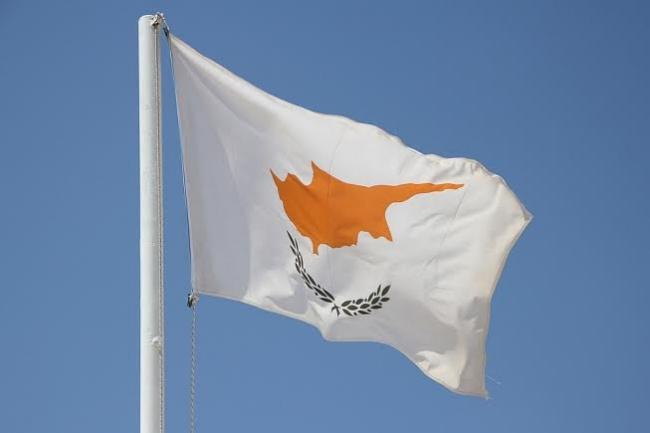
IAEA mission finds Cyprus radiation safety regulatory body competent, identifies areas in need of improvement
The Integrated Regulatory Review Service (IRRS) team on Thursday concluded an 11-day mission to assess the regulatory framework for nuclear and radiation safety in the Republic of Cyprus. The Ministry for Labour, Welfare and Social Insurance (MLWSI) is the regulatory authority for regulatory oversight of nuclear and radiation safety, with the regulatory responsibilities carried out by the Department of Labour Inspection’s Radiation Inspection and Control Services (RICS).
“Cyprus’ legal and regulatory framework for radiation is largely in line with IAEA Safety Standards,” said team leader Christos Housiadas, Chairman of the Greek Atomic Energy Commission. “The regulatory body, although small, is competent, experienced and dedicated.”
IRRS missions are designed to strengthen the effectiveness of the national regulatory infrastructure for nuclear and radiation safety, while recognizing the responsibility of each State to ensure safety.
Cyprus uses radioactive sources in medical and other fields, but operates no nuclear power reactors or research reactors.
The team of experts made recommendations and suggestions to the regulatory body and the Government to help them further enhance the country’s regulatory framework and functions in line with IAEA safety standards.
The team recognized that the MLWSI has developed regulations and regulatory requirements to carry out its duties in line with IAEA safety standards and international best practices, and that it continues to update regulatory requirements.
The 13-member IRRS team comprised experts and an observer from Egypt, Greece, Hungary, Ireland, The former Yugoslav Republic of Macedonia, Morocco, Slovenia, Spain, Sweden, Zimbabwe, as well as two IAEA staff members.
MLWSI Permanent Secretary Andreas Ashiotis said the Republic of Cyprus placed high priority on the protection of human health and the safety of workers and the public in relation to radiation protection, nuclear safety and nuclear security.
“The recommendations and suggestions made by the team will be considered this year as part of work to amend relevant legislation and the Ministry’s continuous efforts for improving the radiation protection, safety and security in the Republic of Cyprus,” he said.
During the mission, team members observed regulatory activities and held interviews and discussions with RICS management and staff, as well as high-level managers of Department of Labour Inspection and the MLWSI.
The IRRS team identified good practices, including:
• RICS’ system for continuous assessment that establishes and addresses training needs among staff on an annual basis.
• A legal requirement that the regulatory body periodically conduct self-assessments and invite international peer reviews to continuously improve safety.
The mission provided recommendations and suggestions for improvements, including:
• The Government should review the legal framework to ensure compliance with IAEA safety standards.
• The Government should provide RICS with adequate human and financial resources, and strengthen its powers and responsibilities in the licensing decision-making process.
• RICS should establish formal processes that are based on specific policies, principles and criteria, and follows specified procedures.
The final mission report will be provided to Cyprus’ Government in about three months. Authorities in Cyprus announced that they plan to make the report public.
Image: IAEA website
Support Our Journalism
We cannot do without you.. your contribution supports unbiased journalism
IBNS is not driven by any ism- not wokeism, not racism, not skewed secularism, not hyper right-wing or left liberal ideals, nor by any hardline religious beliefs or hyper nationalism. We want to serve you good old objective news, as they are. We do not judge or preach. We let people decide for themselves. We only try to present factual and well-sourced news.







